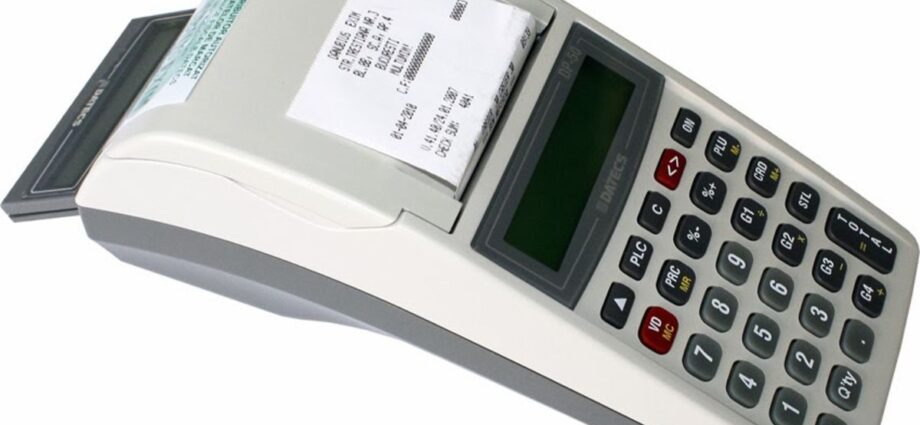Dar es Salaam. A new application developed by university graduates is seeking to replace electronic fiscal devices (EFDs), used by traders to issue receipts and address the complaints of the business operators about the challenges they face in the use of the machines.
The businesses complain of network disruption and device buying costs, which range from Sh500,000 to Sh2.5 million.
Some businesses also claim that the ink used to issue receipts on those machines does not last long, thus making them unable to properly maintain sales records.
As a precaution, they say, they have been forced to incur other costs by having to photocopy sales receipts in order to keep records that can last a long time, unlike those that come directly from the machines.
However, the graduates Dickson Godwin, Thomas Bahati and Arnold Lyimo from the University of Dar es Salaam’s College of Information and Communication Technology (COICT) have developed a mobile solution that could be an alternative to the traditional EFDs. The digital app that aims to ensure effective revenue collection by the Tanzania Revenue Authority (TRA), they say, contains features that enhance convenience, communication and record-keeping for both businesses and consumers.
Instead of traders having to buy an EFD machine, they can simply download the application, which is one of those that are being showcased in the ongoing national innovation exhibition week in Dodoma.
“These machines have had many shortcomings,” Ms Margaret Barozi, a business owner and a recent subscriber to the new innovation told The Citizen yesterday.
“The machines have had many conditions in use and are easy to damage, but with this new mobile solution, I am sure of my sales and the taxman cannot blame me for anything because I cannot lose my receipts easily and they are always very clear,” she added.
In that regard, a partnership between COICT and its graduates, through their company known as Zanata, created an app dubbed Risiti, which is available in the Play Store and Apple Store and is now changing the tides for traders.
They said the development was part of the university’s industrial linkage initiative and aligned learning approach, where students collaborate on projects that address societal challenges.
According to Mr Dickson Godwin, one of the computer science graduates who developed the app, the innovation was officially launched in 2022 and has been able to reach more than 200,000 traders who only needed to download the application for free and provide TRA receipts to customers directly through their mobile phones.
“We have cooperated with TRA, who gave us the go-ahead after seeing this efficiency and now the businessman does not need to incur costs to buy EFD machines,” he said, adding that the only cost incurred is the Sh30 deducted from a mobile operator after issuing receipts.
The mobile application delivers instant messages to buyers confirming the details of the transaction and payment. Through this app, he said, users have the flexibility to filter, manage and retrieve their financial records easily.
“Income cannot be lost because users share receipts via email or social media platforms. For all those who joined this system, they no longer complain,” he noted.















